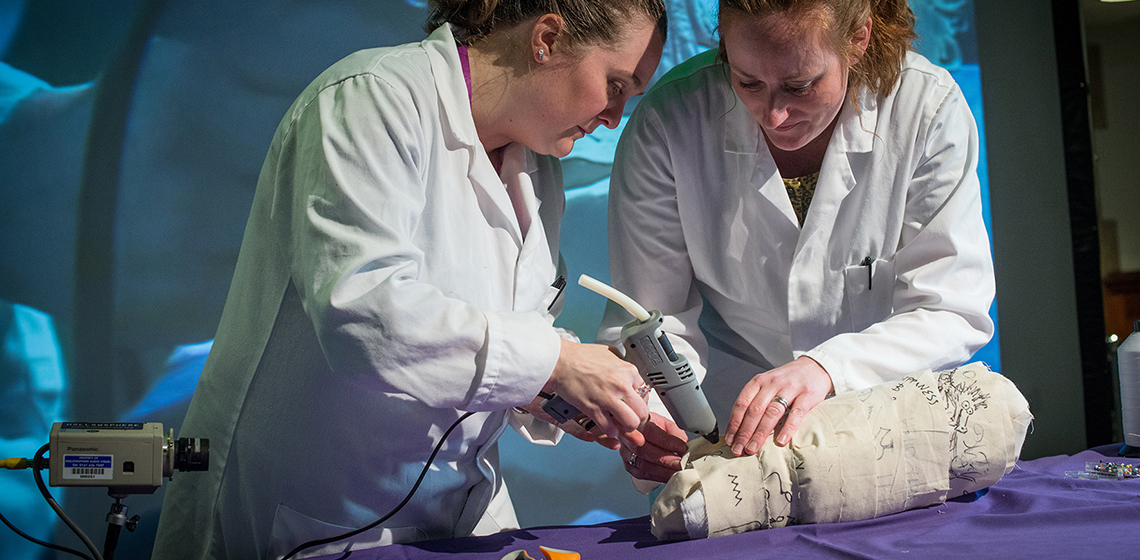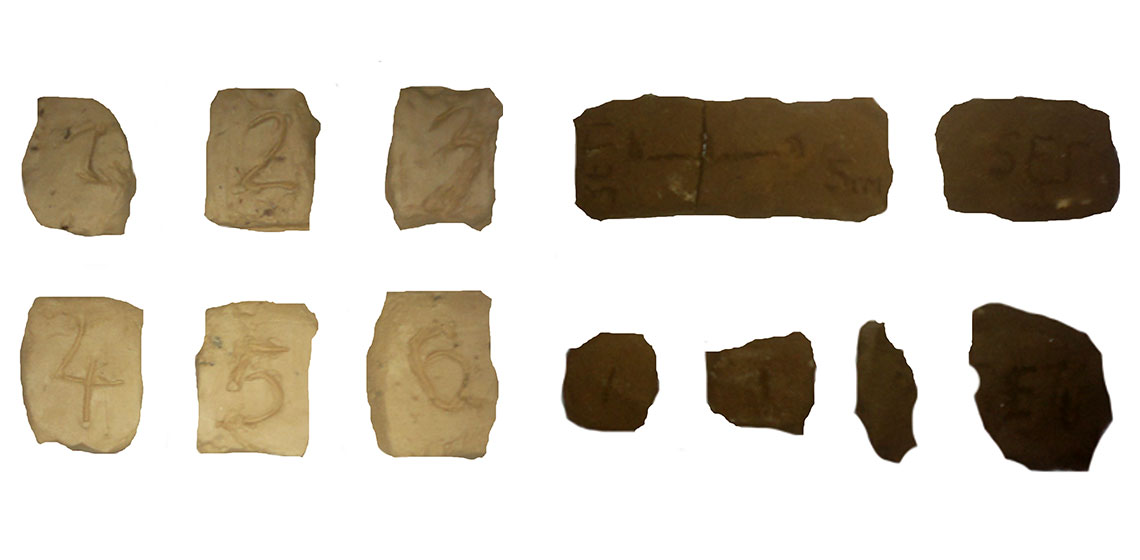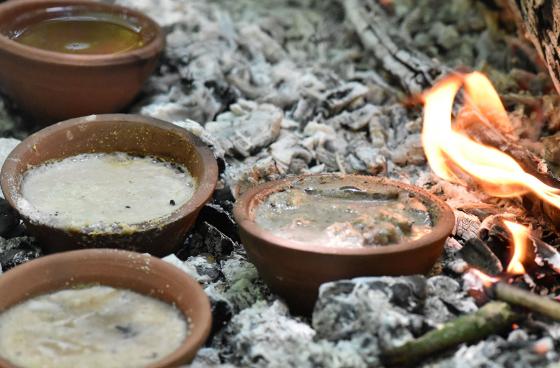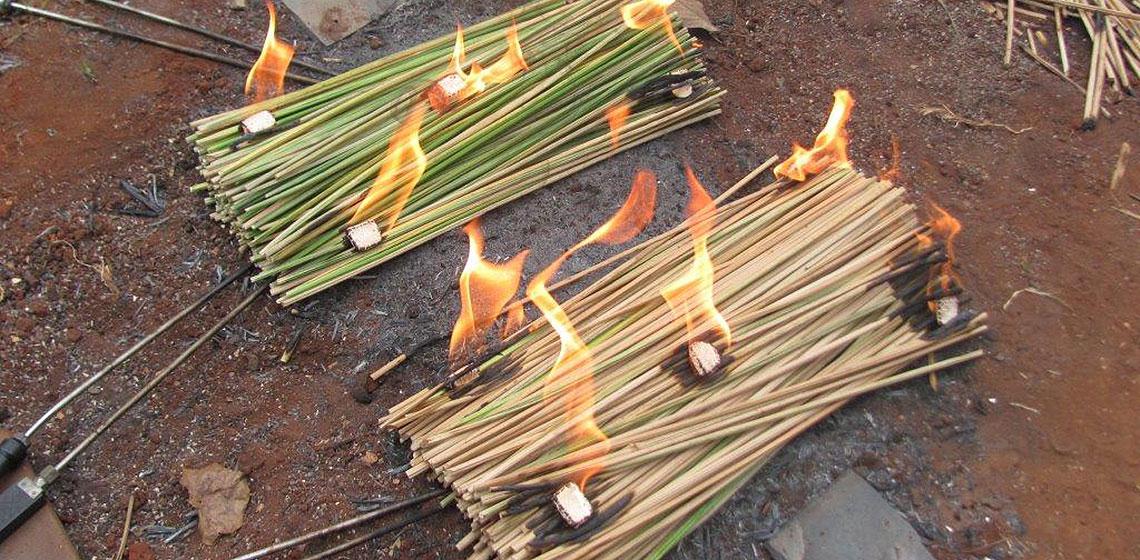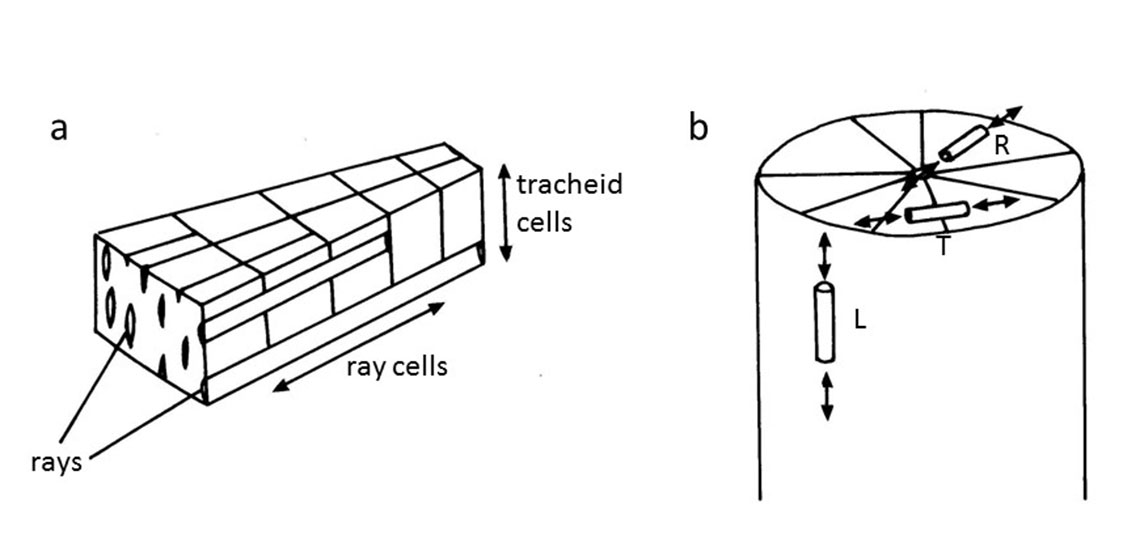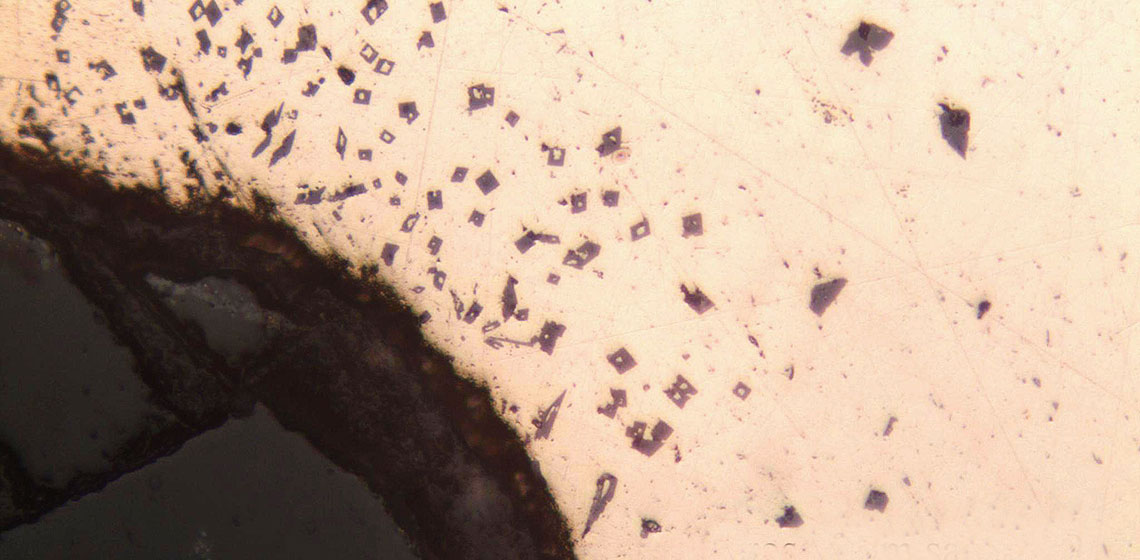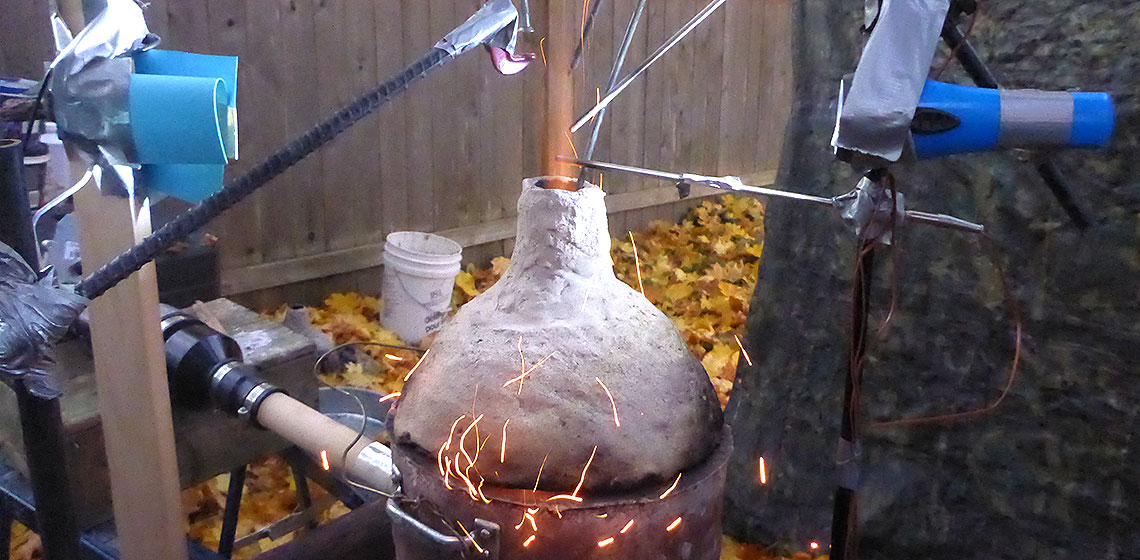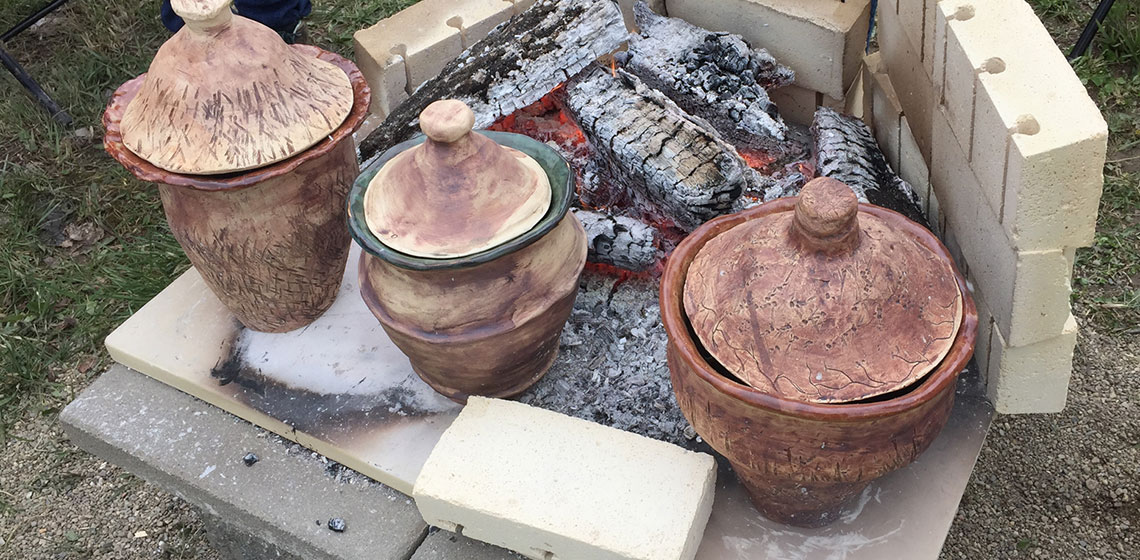The Experimental Building of a Wooden Watchtower in the Carolingian Southern Frontier
***During fifteen days of June 2015, the team of l’Esquerda worked in a research project to build a Carolingian wooden watchtower on the River Ter, in Roda de Ter, Catalonia, Spain. The idea was to test our hypotheses experimentally, (a) if the wooden watchtower could...


